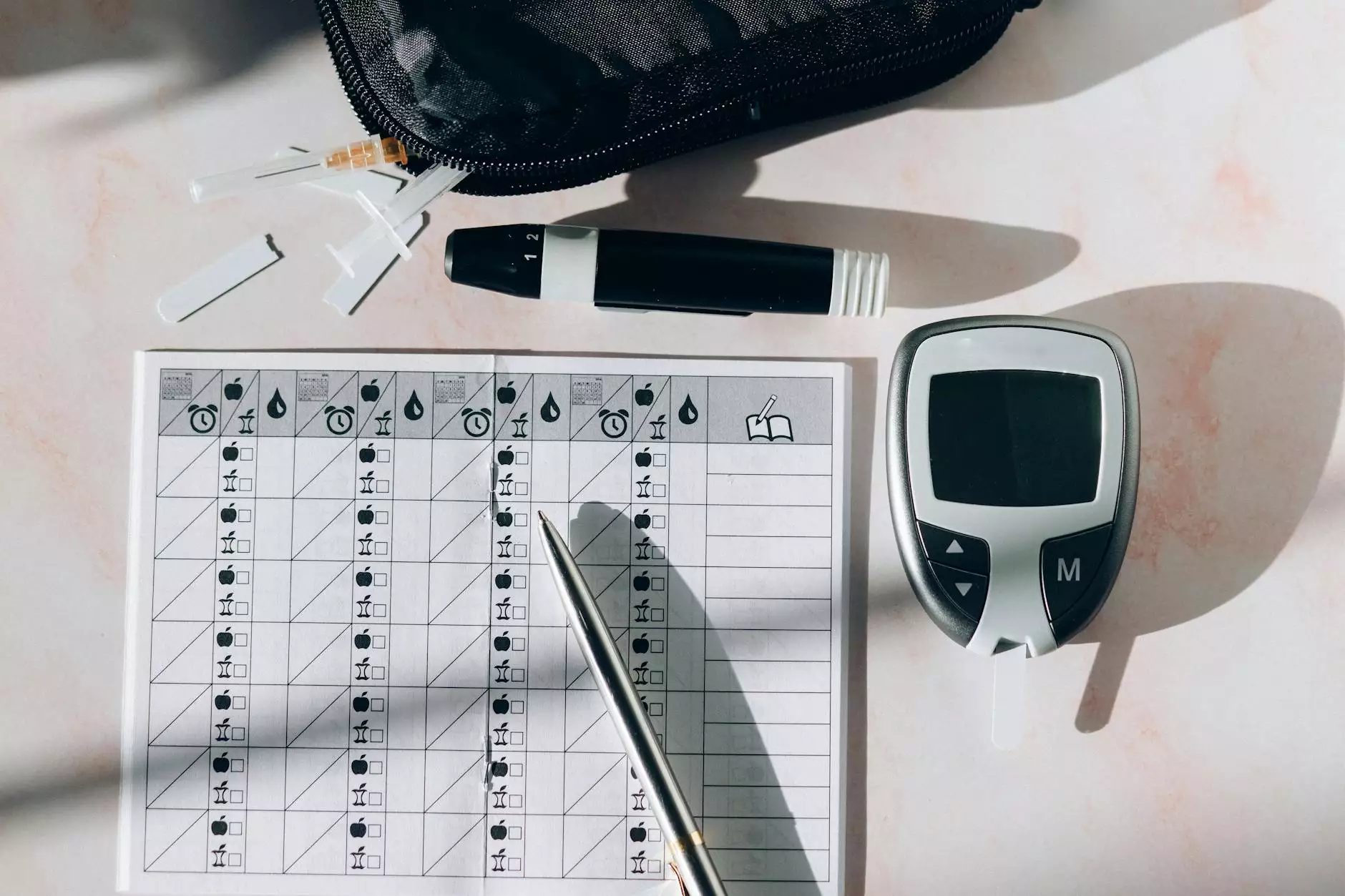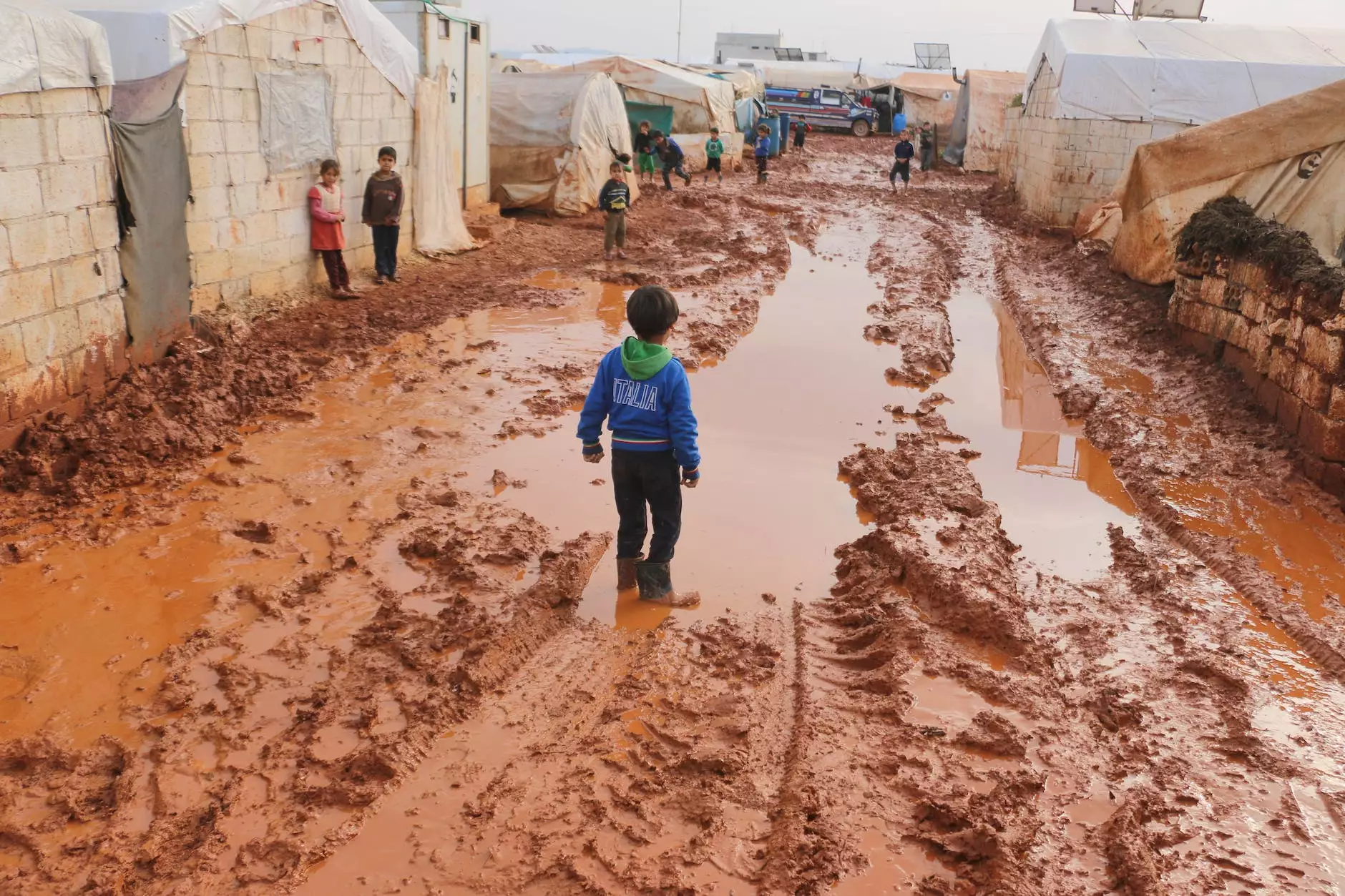Transforming Healthcare: The Impact of Mobile Health Clinics in Africa

The landscape of healthcare in Africa is marked by challenges such as geographical barriers, insufficient medical infrastructure, and a scarcity of trained healthcare professionals. However, the emergence of mobile health clinics in Africa has proven to be a game-changer, offering innovative solutions to these pressing issues. This article delves into the critical role these clinics play in enhancing healthcare delivery across the continent, ensuring access to medical services, and positively impacting community health outcomes.
Understanding Mobile Health Clinics
Mobile health clinics are essentially fully equipped vehicles that travel to underserved populations, providing a range of essential health services. They are designed to offer immediate and preventive care in remote areas where traditional healthcare facilities may be scarce or non-existent. These clinics can include:
- General health services: Routine check-ups, vaccinations, and treatment for common ailments.
- Maternal and child health: Prenatal care, postnatal counseling, and child immunizations.
- Chronic disease management: Services for diabetes, hypertension, and other long-term conditions.
- Health education: Workshops focused on nutrition, disease prevention, and healthy lifestyle choices.
- Mental health support: Access to counseling and psychological services.
The Challenges of Traditional Healthcare in Africa
As Africa continues to face significant health challenges, including high rates of infectious diseases, maternal and infant mortality, and the rise of non-communicable diseases, traditional healthcare systems are often overwhelmed. Some of the major issues include:
- Access: Many rural communities are located far from the nearest hospital or clinic, making it difficult for patients to receive timely care.
- Resource shortages: Facilities often operate with limited resources, including medical supplies and personnel.
- Awareness: Lack of health education can hinder prevention efforts and early diagnosis of diseases.
- Infrastructure challenges: Poor road conditions and transportation systems prevent patients from reaching healthcare facilities.
The Solution: Mobile Health Clinics
Mobile health clinics in Africa address these challenges head-on, providing a flexible and efficient means of delivering healthcare. They are particularly effective in rural and underserved urban areas, where access to healthcare has been historically limited. Here’s how these clinics make a difference:
1. Improved Access to Healthcare Services
One of the most significant advantages of mobile health clinics is their ability to reach remote communities. By bringing health services directly to these populations, mobile clinics eliminate barriers associated with transportation and accessibility. Patients can receive care without the need for lengthy travel, which is especially crucial for:
- Emergency medical situations where immediate attention is required.
- Preventive care, such as vaccinations, that may otherwise be overlooked due to logistical challenges.
2. Comprehensive Health Services
Mobile health clinics often provide a holistic approach to healthcare. By offering a range of services—from general check-ups and screenings to specialized care—these clinics cater to diverse health needs within communities. This multifaceted approach ensures that patients can receive comprehensive care without needing to visit multiple facilities.
3. Health Education and Awareness
In addition to clinical services, mobile health clinics play a crucial role in health education. Through community outreach and educational workshops, they promote awareness of health issues such as:
- HIV/AIDS: Providing information on prevention, testing, and treatment.
- Nutrition: Educating families on healthy eating practices and the importance of balanced diets.
- Chronic Disease Management: Teaching patients how to manage diabetes and hypertension through lifestyle changes.
4. Tailored Interventions for Vulnerable Populations
Mobile health clinics are particularly effective in targeting vulnerable populations, including women and children. By focusing on maternal and child health, these clinics provide critical services like:
- Prenatal check-ups to ensure expectant mothers receive necessary care.
- Postnatal support to help mothers recover and care for their newborns.
- Child immunizations to protect against preventable diseases.
Case Studies: Success Stories of Mobile Health Clinics in Africa
The impact of mobile health clinics is best illustrated through real-life case studies. Numerous organizations and initiatives are successfully implementing these models across Africa, resulting in improved health outcomes. Here are a few noteworthy examples:
1. The Operation of Mobile Clinics in Kenya
In Kenya, various NGOs have established mobile clinics that travel to rural communities providing essential services. These clinics have significantly increased the number of patients receiving essential vaccinations and maternal health services. One notable initiative is the Nairobi based M-Pesa Foundation which employs mobile clinics to enhance healthcare access in remote areas. They report a remarkable rise in public health compliance and maternal health indicators among participating communities.
2. Mobile Health in South Africa
In South Africa, mobile health vehicles equipped with telemedicine technology enable remote consultations and follow-up care for chronic disease patients. This model not only addresses the immediate healthcare needs but also fosters ongoing support and management of conditions such as diabetes and hypertension. A recent project noted that about 70% of participants felt more empowered and informed about managing their health.
3. Community-Centric Models in Nigeria
Nigeria has embraced mobile health clinics through community health worker programs. These workers are trained to operate clinics that deliver basic healthcare and education to surrounding villages. Their ability to connect with community members fosters trust and engagement, ultimately improving healthcare access. A significant improvement in child healthcare metrics has been observed since the implementation of these mobile units.
Future of Mobile Health Clinics in Africa
The potential for mobile health clinics in Africa is vast. As technology evolves, these clinics can integrate digital health solutions to enhance their services. Innovations such as telemedicine can facilitate remote consultations, while data collection and analysis can improve treatment plans and enable better tracking of health trends within communities.
Innovations in Technology
Emerging technologies like mobile applications and wearable devices can further enhance the capabilities of mobile health clinics. They can track patient progress, send reminders for follow-up appointments, and provide educational resources directly to users’ phones, increasing engagement and health literacy among populations.
Building Sustainable Models
For mobile health clinics to have a lasting impact, building sustainable business models is essential. Partnerships with local governments, NGOs, and health organizations can facilitate funding and resource sharing. Training local healthcare workers not only equips communities with necessary skills but also fosters ownership and continued service delivery.
Conclusion
Mobile health clinics in Africa are transformative entities essential to enhancing healthcare access and improving public health outcomes. They address systemic challenges facing traditional healthcare systems and provide vital services to underserved populations. As we look to the future, continued innovation, community engagement, and strategic partnerships will be critical in fortifying the foundation of mobile health clinics, ensuring they remain a vital component of Africa's healthcare landscape.
For more information about mobile health clinics and our contributions to healthcare in Africa, visit Odulair.









